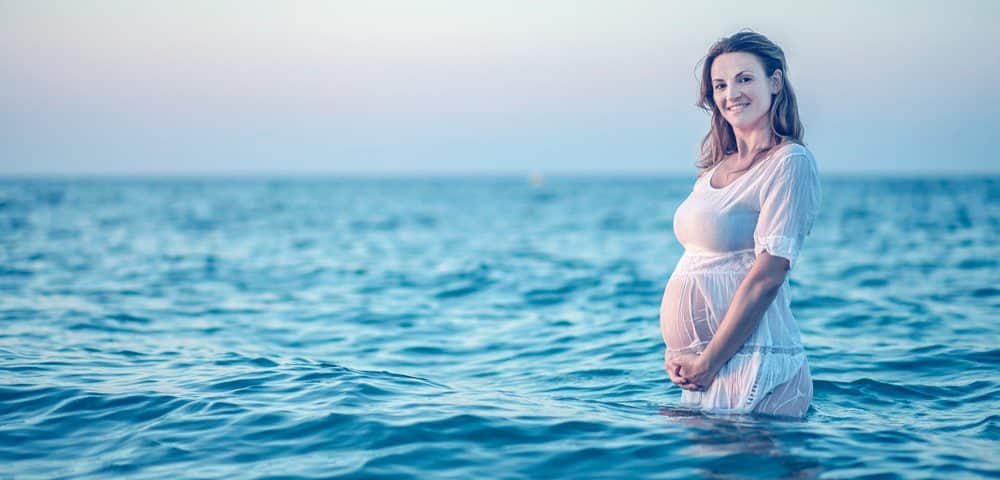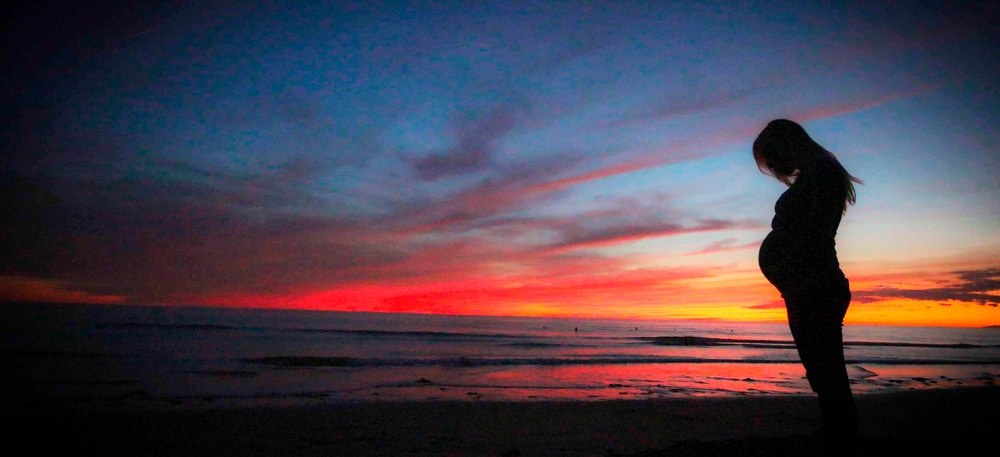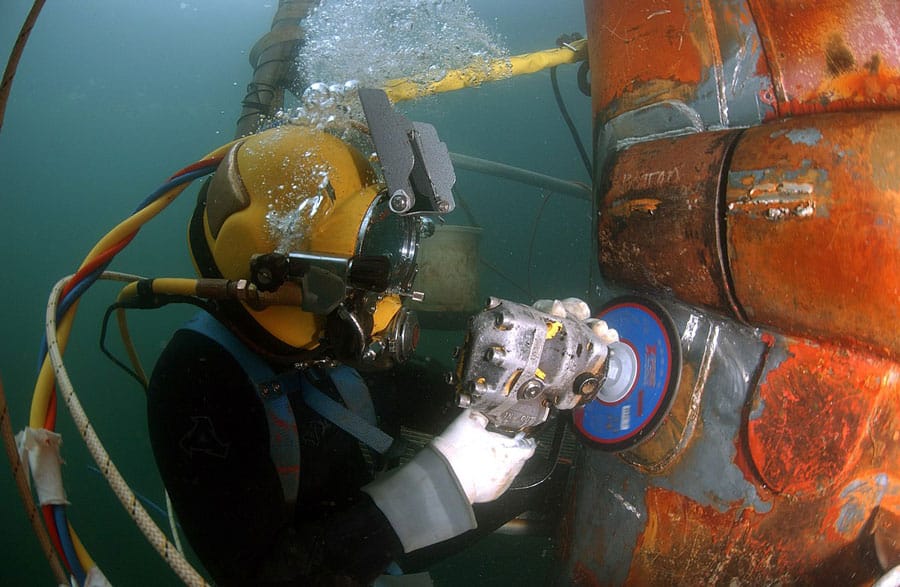Scuba diving while pregnant has crossed your mind. You booked your diving holiday months ago and within a few weeks to start them you discover you are pregnant. You do not have any symptoms yet, and you do not think there’s anything to worry about, do you?
However, you learned pregnant women should not dive during your PADI Open Water Diver course, and you feel frustrated. You do not understand why and you realize how little you know about the impact diving can have on your unborn child.
Then you look up information on the internet and different blogs, and realize that there is very little content about it.
Knowing if scuba diving while pregnant is safe is a topic that should interest both men and women, all of us should have information, especially if you are trying to have a child or know someone in this situation.








